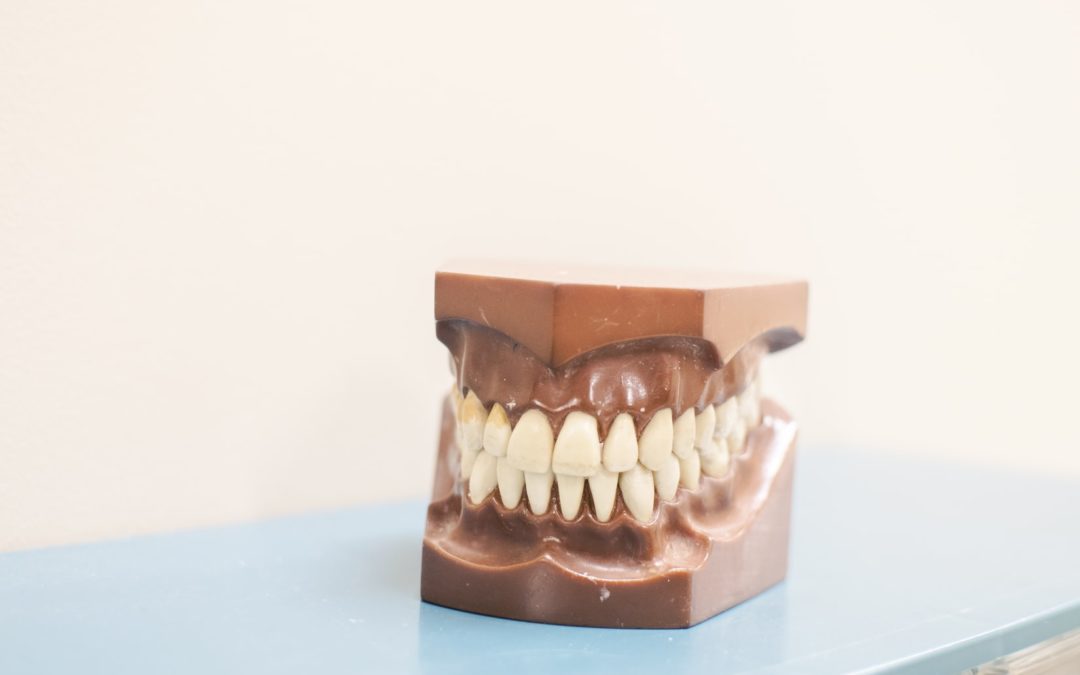After your local Rancho Cucamonga Dentist tells you that you have a cavity and that the best solution is to have it filled, you may be asking yourself:
“Do cavity fillings hurt?”
Thinking about the pain caused by treating a cavity? For your benefit, taking care of a cavity is generally less painful and less costly when it is completed early or as soon as your local Rancho Cucamonga Dentist identifies signs of decay.
If you are still concerned about pain and discomfort while getting a cavity filled, our Rancho Cucamonga Dentists make it easy to understand what you can expect during and after the treatment.
Understanding What Happens During the Procedure of a Cavity Filling
Before beginning, your Rancho Cucamonga Dentist takes certain steps to making the pain as minimalistic as possible during the treatment itself.
For example, they will use a local anesthetic to numb your gums and parts of your mouth. A local anesthetic just numbs the area being taken care of, which typically means you will still be up during the process and able to maintain communication with your Rancho Cucamonga Dentist.
Administering the anesthetic is a three-part process.
Your local Rancho Cucamonga Dentist will mildly dry out the inside of your mouth with a piece of cotton or stream of air.
Nextthey will dab a gel onto the injection site. The gel numbs the gum tissue, lowering the pain you feel when your Rancho Cucamonga Dentist divides the lidocaine in your mouth.
You might feel a bit of a stinging sensation when your dentist injects the anesthetic. It may surprise you, but that sting isn’t from the needle. Instead, it is a sensation developed by the anesthetic as it works its magic to numb your gums and mouth.
Once the treatment area is absolutely numb, you will not feel much as the dentist now goes to work on your cavity(ies).
Having A Better Idea Of What To Expect After the Cavity Filling Procedure
As the anesthesia goes away after your local Rancho Cucamonga Dentist has finished, you may feel minor tingling in your mouth. A few individuals also have sensitivity in their teeth after a cavity filling. A majority of the time, the sensitivity should go away after a few days.
Your Rancho Cucamonga Dentist might give you pain relievers to aid with any tenderness or soreness immediately after a cavity treatment. In these scenarios, try to take it calm and avoid putting too much force or pressure on the treated tooth.
If the pain or sensitivity does not go away after more than a week, it could be that the filling may need to be checked to make sure it isn’t too high and your bite (occlusion) is right.
If you have more than one filling, such as a filling on an upper tooth and a filling on a lower tooth, you might experience galvanic shock — an actual zap in your mouth.
This can occur if the two fillings are manufactured from contrasting metals, like dental amalgam on one tooth and a gold filling on the other. To avoid shocking yourself, have your local Rancho Cucamonga Dentist use the same material for each of your fillings.
When to Call Your Local Rancho Cucamonga Dentist
Getting a filling should enhance the comfort of your oral health, not make it more painful. So do cavity fillings hurt? They shouldn’t, although you can expect some tenderness and soreness during the first few days after you get a tooth filled.
It’s generally a great idea to call your dentist if that discomfort continues for more than a week. Your Rancho Cucamonga Dentist can fix the filling so that it’s a better fit. If you were totally fine right after treatment, but begin to experience pain or discomfort weeks, months or even years later, it’s also an exceptional idea to check in with your local Rancho Cucamonga Dentist.
Fillings do not last forever, as the American Dental Association says, and some filling materials have shorter lifespans than others. Your local Rancho Cucamonga Dentist can check out your teeth and allow you to know the right answer.
For the latest tips on oral health, flossing, dental care, and much more, make sure that you follow our website at: http://www.arrowdentalarts.com/blog

